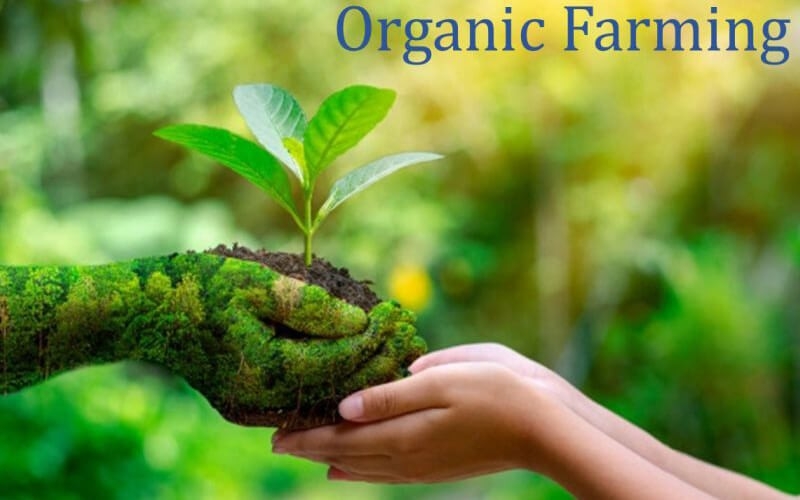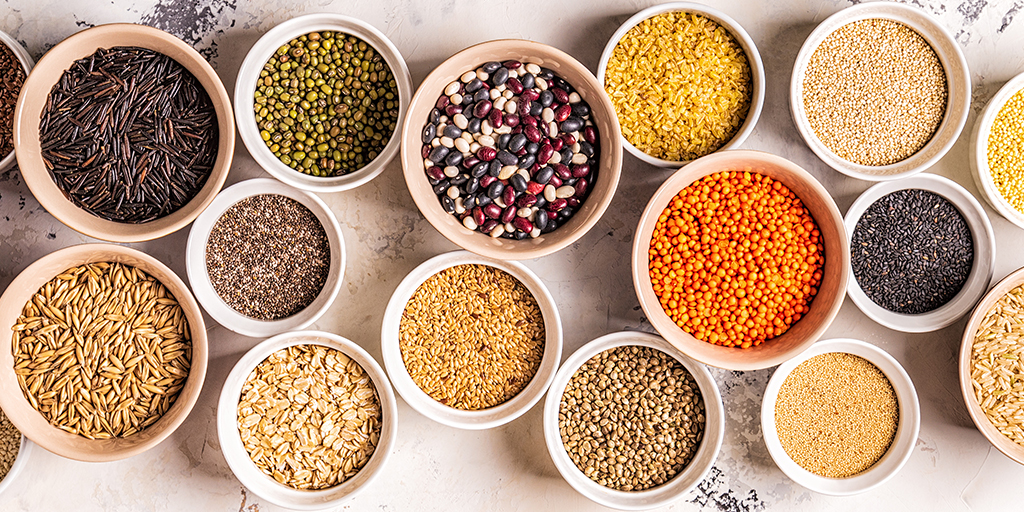What is Organic Food? The Orgalife Guide to Healthier Living
In today’s fast-paced world, many people are becoming more conscious about what they eat, where their food comes from, and how it’s produced. One term that often comes up in these conversations is “organic food.” But what is organic food? Why is it considered better for our health and the environment? At OrgaLife, we believe in empowering our community with knowledge, so let’s explore the world of organic food and discover why it might be the right choice for you and your family.
What is Organic Food?
At its core, organic food refers to products that are grown and processed without the use of synthetic chemicals, pesticides, genetically modified organisms (GMOs), artificial fertilizers, or irradiation. The main idea behind organic farming is to work with nature, not against it. This means using natural methods to cultivate crops and raise animals, such as crop rotation, composting, and biological pest control.
In most countries, including India, organic food is certified by government agencies or independent bodies. These organizations ensure that farmers and producers adhere to strict guidelines regarding the use of chemicals, animal welfare, and environmental sustainability. When you see a product labeled as “organic,” you can trust that it has met these rigorous standards.
The Principles of Organic Farming

Understanding what is organic food starts with knowing how it is produced. Organic farming is guided by several key principles:
No Synthetic Chemicals: Organic farmers avoid synthetic pesticides, herbicides, and fertilizers. Instead, they use natural alternatives like neem oil, compost, and green manure to nourish the soil and protect crops.
Non-GMO: Organic food is always non-GMO. This means the seeds and animals used in organic farming are not genetically engineered in a lab.
Soil Health: Maintaining healthy, fertile soil is a top priority. Techniques like crop rotation, intercropping, and cover cropping help preserve soil nutrients and prevent erosion.
Animal Welfare: Organic livestock are raised in humane conditions, with access to the outdoors and organic feed. The use of antibiotics and growth hormones is strictly prohibited.
Environmental Protection: Organic farming practices are designed to minimize pollution, conserve water, and promote biodiversity.
Why Choose Organic Food?

Now that we’ve answered the question, “what is organic food?” let’s look at why so many people are making the switch to organic.
Health Benefit
Organic food is often fresher because it doesn’t contain preservatives that make it last longer. Many people believe that organic food tastes better and is more nutritious. While research is ongoing, some studies suggest that organic produce may have higher levels of certain vitamins, minerals, and antioxidants compared to conventionally grown food. Most importantly, by choosing organic, you reduce your exposure to potentially harmful chemicals and pesticides.
Better for the Environment
Organic farming is designed to be sustainable and eco-friendly. By avoiding synthetic chemicals and focusing on soil health, organic farmers help preserve the environment for future generations. Organic farms are also more likely to support pollinators like bees and butterflies, which are essential for healthy ecosystems.
Animal Welfare
When you buy organic meat, eggs, or dairy, you can feel confident that the animals were raised in humane conditions. Organic standards require that animals have access to the outdoors, are fed organic feed, and are not given unnecessary antibiotics or hormones.
Support for Local Farmers
Many organic farms are small, family-run operations. By choosing organic, you’re often supporting local farmers and rural communities, helping them maintain traditional farming practices.
How to Identify Organic Food
When shopping for organic food, it’s important to look for certification labels. In India, the “India Organic” and “Jaivik Bharat” logos indicate that a product meets national organic standards. Internationally, look for labels like USDA Organic, EU Organic, or other recognized certifications.
At Orgalife, we are committed to transparency and quality. All our products are sourced from certified organic farms and undergo rigorous testing to ensure they meet the highest standards.
The Orgalife Promise
At Orgalife, we believe that everyone deserves access to safe, healthy, and sustainable food. Our mission is to make organic food accessible and affordable for all. We partner with trusted farmers, support ethical practices, and offer a wide range of organic products—from fresh fruits and vegetables to grains, spices, and snacks.
Tips for Switching to Organic
If you’re new to organic food, here are a few tips to help you get started:
Start Small: Begin by switching a few key items, like fruits, vegetables, or dairy, to organic versions.
Read Labels: Look for certified organic labels to ensure authenticity.
Buy in Season: Organic produce is often more affordable and fresher when it’s in season.
Shop Local: Visit farmers’ markets or stores like OrgaLife that specialize in organic products.

Conclusion
So, what is organic food? It’s more than just a label—it’s a commitment to health, sustainability, and ethical practices. By choosing organic, you’re making a positive impact on your well-being and the planet. At OrgaLife, we’re proud to be your partner on this journey toward a healthier, more sustainable future. Explore our range of certified organic products and taste the difference for yourself!

